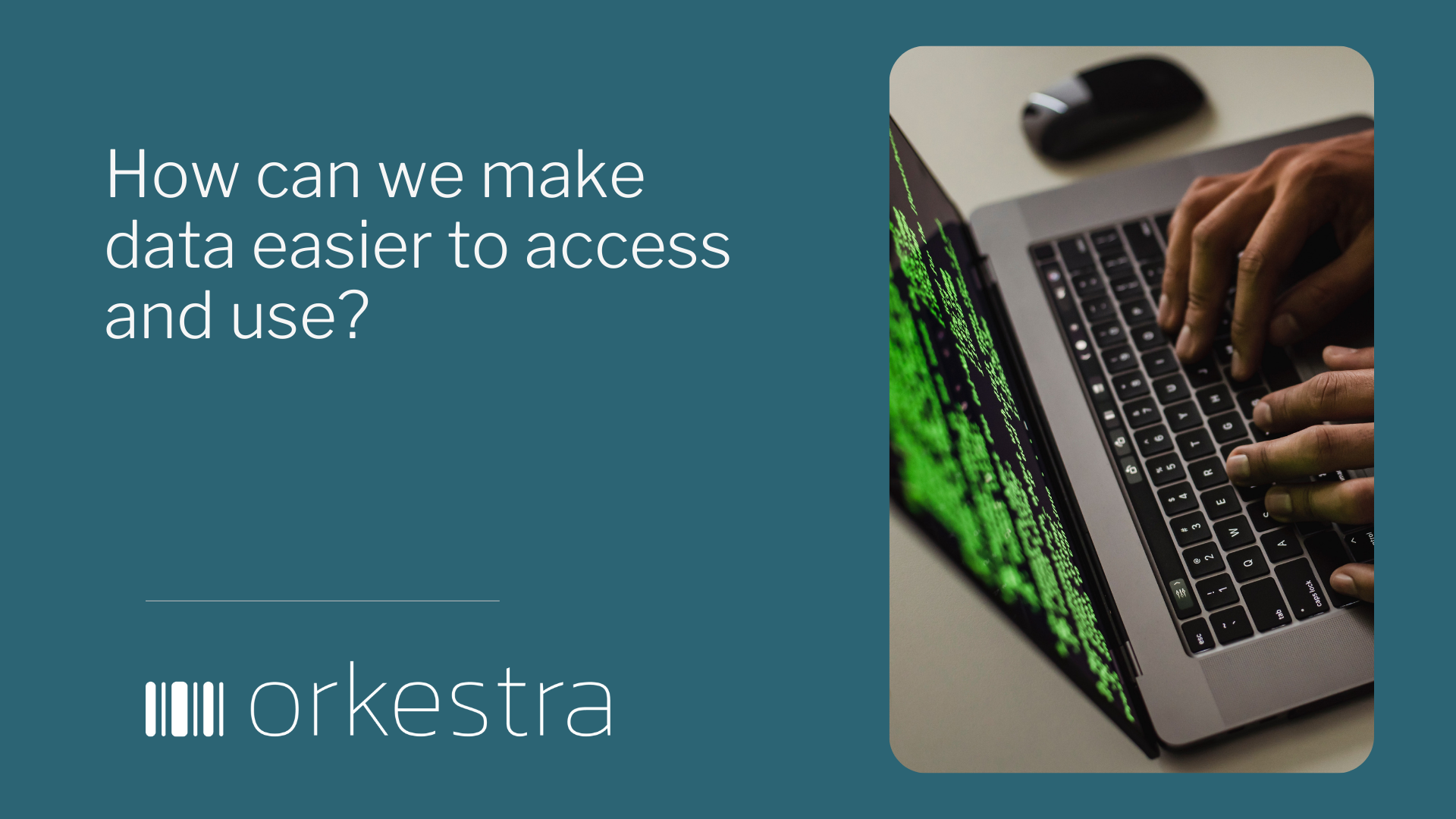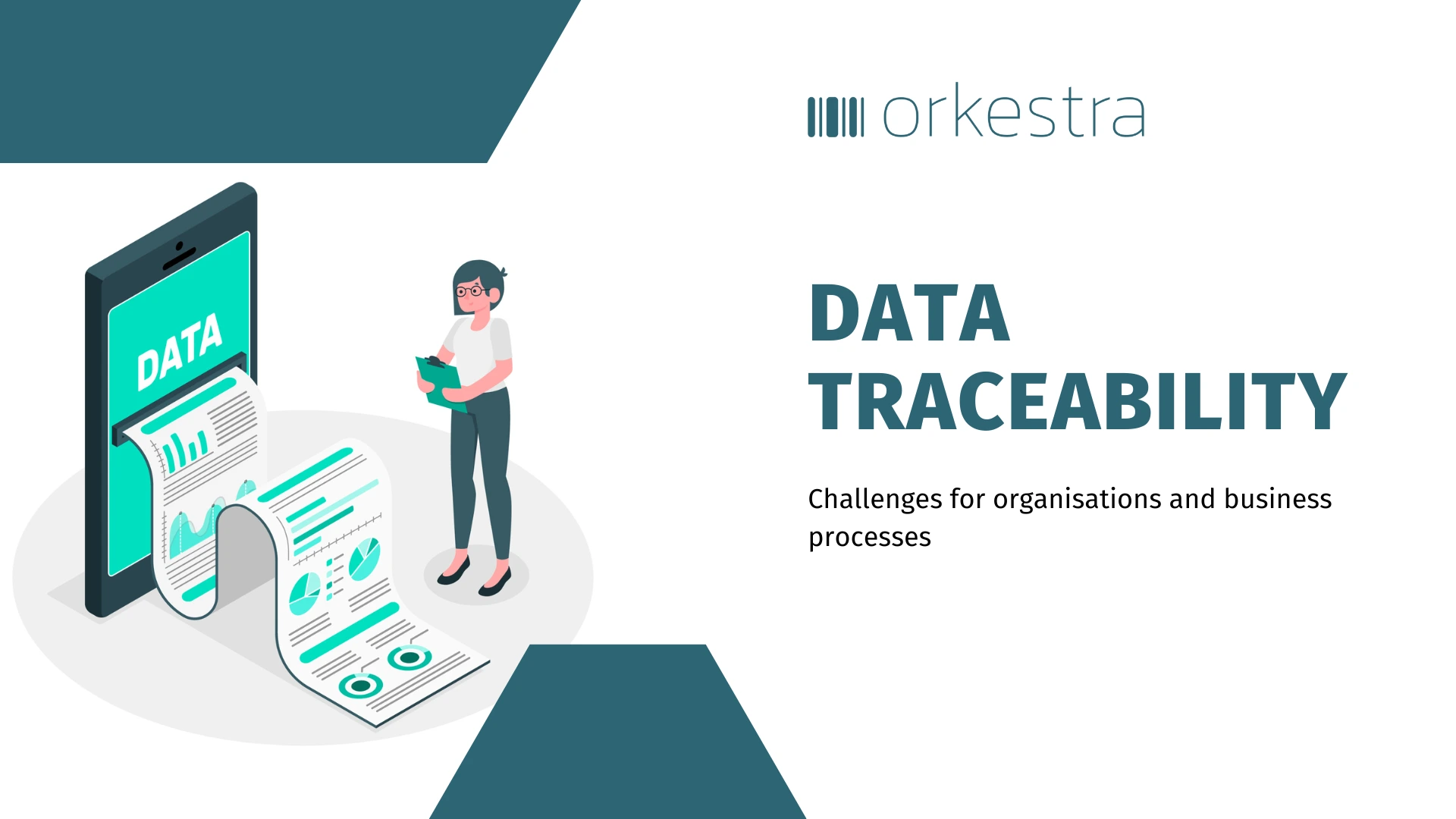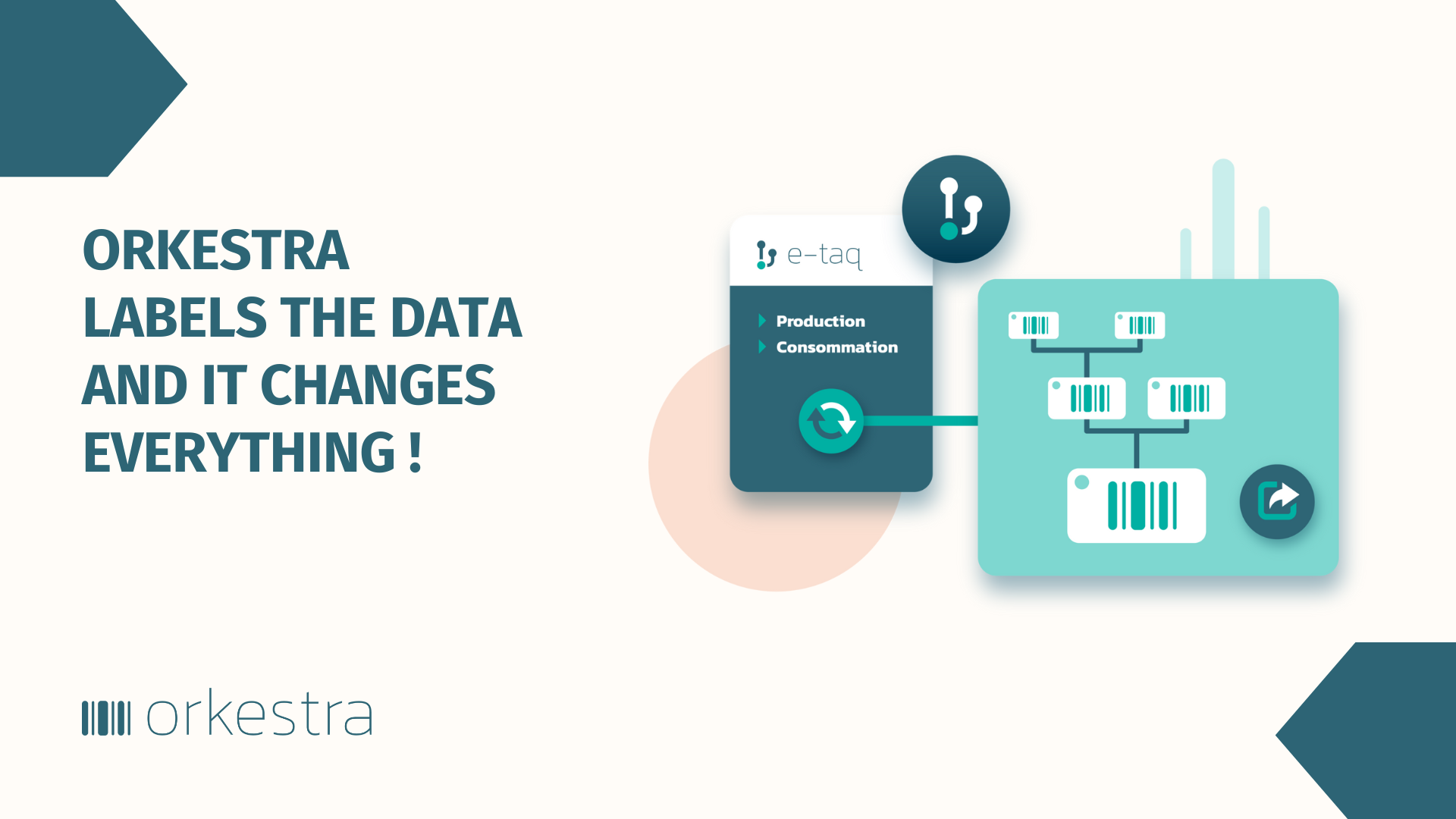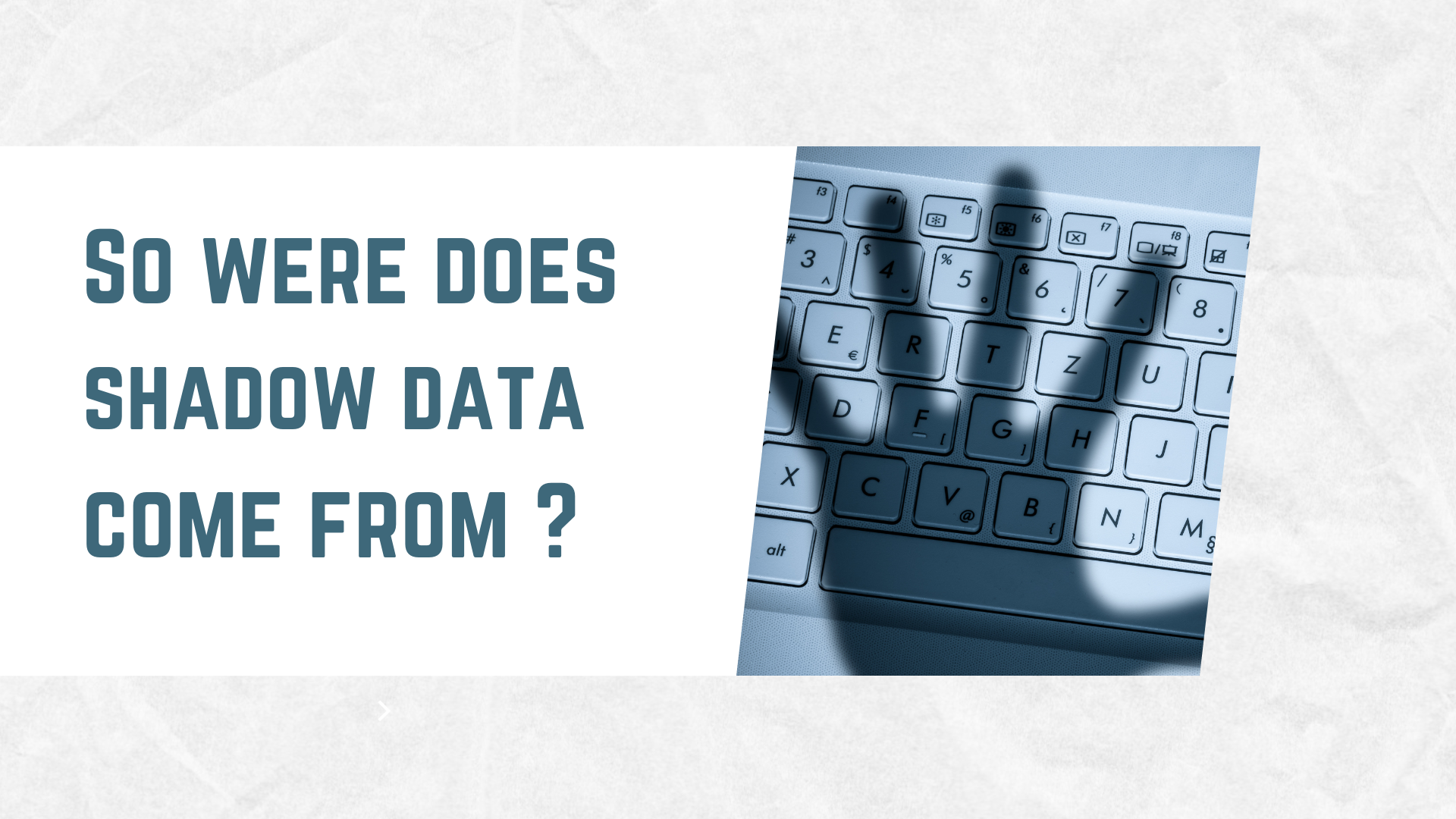Imagine that, despite all the efforts made by organizations to centralize, organize, catalog and exploit data, a significant proportion escapes any form of “governance”. We call this Shadow Data.
So where does it come from?
Well, mainly from the business units, who, far from wanting to make a mess of this organized data management, find themselves forced to produce their own data outside the IS applications at their disposal.
Their weapons? Spreadsheets! Excel, Google Sheet and others.
And the Shadow data phenomenon is widespread.
As proof, PwC conducted a survey of finance professionals and found that over 90% of them use Excel for tasks such as financial modeling, cost analysis and dashboard creation.
For its part, Deloitte published a study highlighting the importance of Excel in management control. Nearly 70% of companies surveyed said they use Excel for budgeting, forecasting and profitability analysis.
But what’s wrong with these spreadsheets if they’re so indispensable?
Well, the list of risks and impacts is dizzying:
- Processing errors
- Processing delays and time losses
- Lack of advanced analyses,
- Difficulty of teamwork,
- Lack of historization
- Risk of information loss
As I mentioned… the list is long.
And when you consider that colossal budgets are managed in this way.
Numerous companies have had to suffer the consequences of simple Excel errors that were, a priori, easily detectable and avoidable.
Deloitte outlines a few examples:
- An addition error forced Mark & Spencer to publish a correction to its quarterly results on the same day,
- An error in calculating an average cost JP Morgan £250 million,
- The organizing committee of the 2012 London Olympics sold twice as many tickets as places available due to an input error,
- Lazard underestimated the value of its client in an M&A deal by €400m due to a duplicate, etc.
- Don’t you think it’s time to fix the problem once and for all?
What if we could secure ALL processing!
That’s EXACTLY what Orkestra-data offers 🤩









